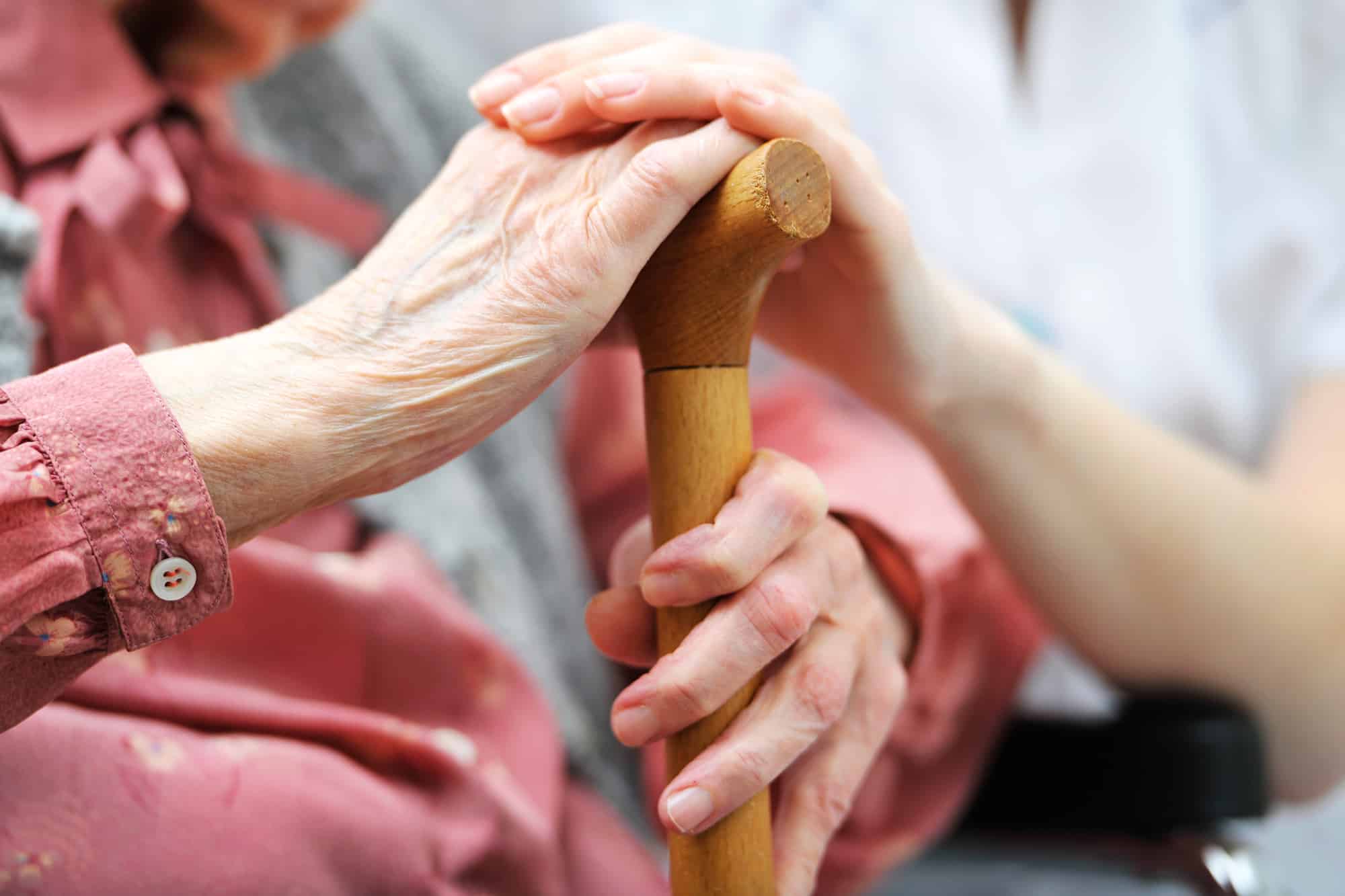Secret Considerations for Families When Selecting Appropriate Senior Citizen Treatment Solutions for Their Aging Loved Ones
Selecting suitable elderly care options for aging family members is a nuanced procedure that calls for careful consideration of several aspects. Families need to begin by assessing the distinct needs of their loved ones, thinking about case histories, psychological well-being, and personal choices. The examination of available treatment optionsâEUR" ranging from at home help to specialized facilitiesâEUR" needs to be balanced with an understanding of financial implications and security worries. As family members navigate these complex selections, the function of open communication and cooperation can not be overstated, yet numerous ignore crucial aspects that can dramatically influence the result.
Assessing Person Demands

In addition, psychological and social needs play a substantial role in the well-being of senior citizens. An assessment should think about the individual's need for social involvement, leisure activities, and support group. Family members dynamics and the accessibility of informal caregivers must likewise be factored into the formula, as they can affect the kind of care that is most appropriate.
Evaluating Care Options

In-home care offers the benefit of familiar environments and customized attention, which can improve comfort and psychological health. On the other hand, assisted living facilities supply a structured atmosphere with accessibility to on-site treatment and social activities, cultivating community engagement. Assisted living facility accommodate those requiring intensive clinical supervision, while grown-up day treatment programs allow elders to participate in social tasks throughout the day, giving reprieve for household caretakers.
It is vital to evaluate the personnel certifications, facility licensing, and readily available services in each option. Additionally, households should look for responses from existing residents or customers and examine the overall track record of the treatment providers. Eventually, choosing the right treatment alternative is a crucial choice that must reflect a balance in between the senior's demands, security, and lifestyle.
Understanding Costs and Budget Plan
Browsing the economic landscape of senior treatment can be complex, as numerous alternatives featured varying expenses that can substantially influence a family members's spending plan. Recognizing these costs is crucial for family members to make informed decisions concerning take care of their aging relatives.
Usual elderly care options consist of in-home treatment, helped living facilities, and nursing homes, each with its very own rates framework. In-home care commonly charges by the hour, while aided living typically includes monthly lease plus added service charges.
Additionally, families need to assess go to this web-site their funds, including insurance policy coverage, federal government help programs, and individual savings. Lasting treatment insurance policy might cover specific solutions, which can alleviate some monetary worries. Producing a comprehensive budget that lays out expected expenditures can aid family members determine one of the most suitable care service while ensuring they remain within their monetary means. By thoroughly recognizing the prices linked with each alternative, family members can better navigate this essential element of elderly treatment planning.
Ensuring Safety and Safety
Making certain the security and safety of seniors is extremely important in any treatment setup, as their vulnerability often calls for elevated attention and protective measures. Family members must assess the physical atmosphere of potential treatment centers, seeking functions such as protected entrances, well-lit hallways, and easily accessible fire escape. Furthermore, the visibility of safety tools, such as grab bars and non-slip flooring, can considerably lower the threat of crashes.
Staff training is an additional essential element; caretakers should be skilled in emergency situation procedures, very first help, and the certain requirements of elderly people. Background look at personnel additionally ensure that residents are cared for by reliable individuals - home health care orlando florida. Moreover, innovation can play a crucial duty in improving safety. Checking systems, individual emergency situation action systems (PERS), and fall detection devices supply tranquility of mind for households and immediate help for elders.
Finally, open interaction channels in between family members and care service providers are essential. Normal updates pertaining to the health of elders, together with a transparent method to care strategies, can promote my website trust fund and guarantee that security stays a central focus in the treatment supplied. By focusing on these aspects, families can make informed decisions that secure their aging loved ones.
Involving Family Members in Decision-Making

Households need to start by openly interacting concerning the different treatment remedies offered, such as at home care, assisted living, or nursing centers. It is vital to evaluate the specific demands of the aging loved one, including clinical needs, mobility, and social interaction. By including all pertinent relative, various viewpoints and insights can be gathered, resulting in more enlightened pop over to this web-site choices.
Additionally, family involvement helps in determining prospective caregivers and developing an assistance network. Routine family members conferences can promote continuous discussions and adaptations as demands transform, allowing family members to continue to be responsive to the developing circumstances of their loved one. Eventually, a collaborative decision-making procedure urges a feeling of shared responsibility and guarantees that the selected treatment solution lines up with the household's vision for their aging relative's well-being and dignity.
Conclusion
To conclude, selecting appropriate elderly care solutions requires an extensive examination of individual needs, readily available treatment alternatives, and linked costs. Prioritizing safety within the living atmosphere and fostering family members participation in decision-making processes even more improves the efficiency of treatment. By straightening treatment selections with the aging relative's case history, emotional demands, and individual preferences, families can create a helpful network that advertises health and dignified living for their liked ones in their later years.